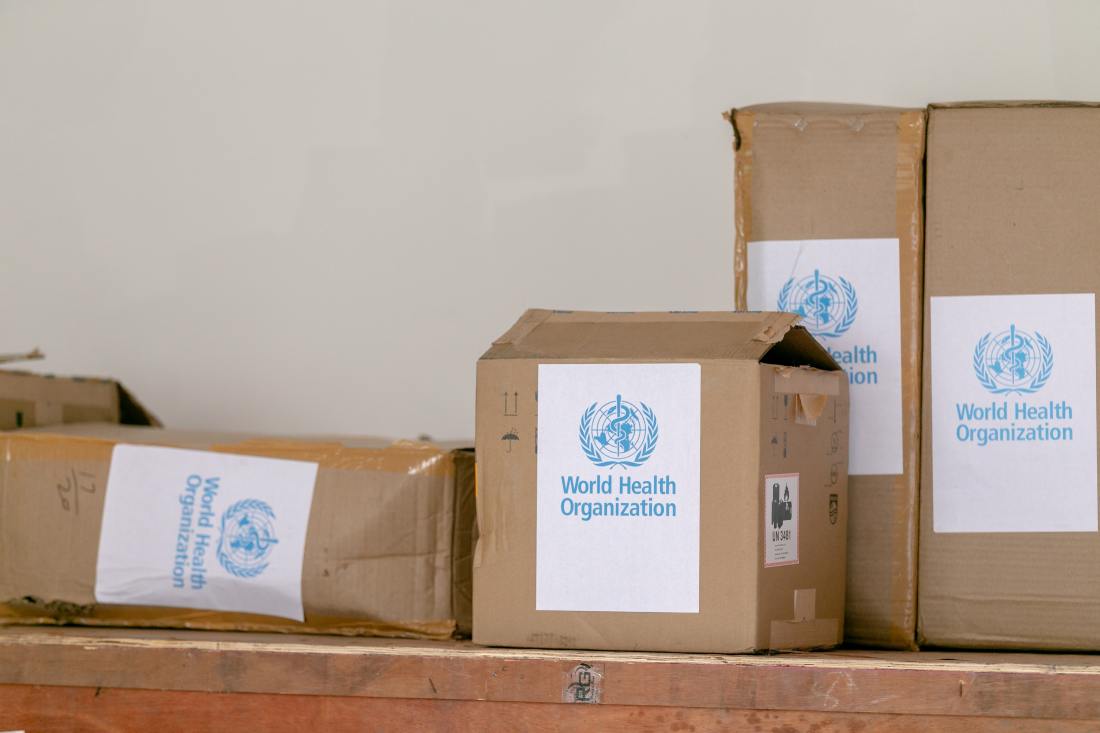The global pandemic has led to the loss of over 3 million lives, whilst disrupting the lives of billions. Although the World Health Organisation (WHO) has played an advisory role throughout the pandemic, it has not been completely immune from criticism, as we have seen its approach in issuing advice criticised by world leaders. However, there seems to be a degree of confusion as to how far the WHO can go in terms of influencing policy. As with all other intergovernmental organisations, the reality is that it is only as strong as its member states want it to be.
Politics Hour International spoke to Dr. Tom Loney, an epidemiologist and former Director in the WHO, as part of our Covid special. This insightful interview clarified the importance and limitations of the WHO. Dr. Loney described the world as village, where all countries are connected, which can be clearly seen with how Covid-19 has spread. All countries want to vaccine the large proportion of the population as quickly as possible, in order to potentially move to a herd immunity and reduce the strain on their health systems. Vaccine herding, another issue discussed in the show, will significantly hinder any global effort to protect the vulnerable from the virus. It is therefore important that a platform to distribute vaccines is established.
The COVAX scheme is one of three pillars of the Access to Covid-19 Tools (ACT) Accelerator. It was launched in April 2020 by the WHO in order to ensure that every country in the world has fair and equitable access to the Covid-19 vaccine.
So why is it so important for the COVAX scheme to succeed?
“No one is safe till everyone is safe”
Dr. Tom Loney
If there are large amounts of the virus circulating in certain countries, naturally, due to the global connectivity nowadays, the virus will mutate, leading to another potential outbreak. Hence it is essential to vaccinate as much of the global population as possible, in order to truly return to a state of normality.
However, governments will largely be focused on inoculating their own populations at first, and we have seen plenty of volatility and political conflict regarding vaccine stocks. Unfortunately, in the short term, it will be those poorer nations that suffer the most during this phenomenon of vaccine nationalism. Dr. Loney stresses the importance of aiding the vaccine production capacity of these nations as a sustainable policy, in order to protect populations from the virus in the long run. A vaccine patent waiver would also be hugely beneficial in terms of increasing the production of the jabs, however, this remains a decisive issue.
But, in the short term, the wealthy nations must remain committed to COVAX, as the urgent need for vaccines is very clear in a lot of countries, India being a stark example. The world has a duty to protect those most vulnerable to this virus, no matter where they are.
Listen to our wide ranging special episode on all things Covid:
